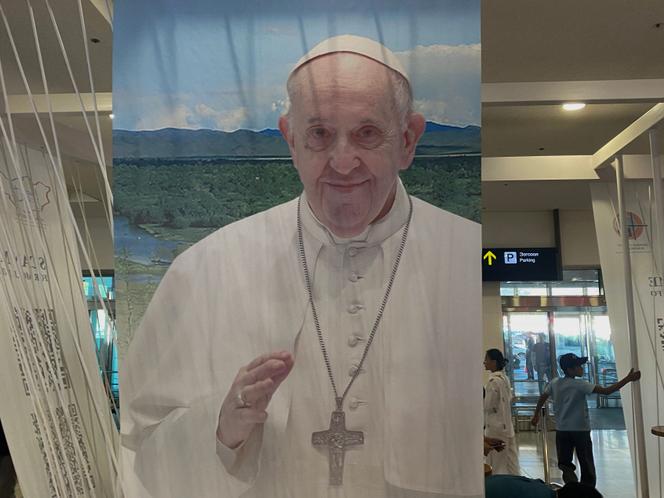


Virtually nobody could believe it when the news began circulating back in December 2022. Why would Pope Francis visit Mongolia, a country no pontiff ever visited before? The country's history and heritage are certainly legendary, since the time of Genghis Khan, who founded an empire stretching from China to the eastern fringes of Europe, and whose influence is still felt today. Relations between the Holy See and the Mongol nation date back to 1246, when Innocent IV sent an emissary to Karakorum, then the capital of the Mongol Empire. However, on the eve of the 43rd apostolic visit undertaken by 86-year-old Pope Francis from September 1 to 4, many observers are still at pains to explain this long journey.
The world's least densely populated country has a small Catholic community, with just under 1,400 faithful out of a population of 3.3 million. But no matter. Instead of putting Western nations at the center of his geography, Francis, according to a Vatican diplomatic source, has chosen to visit the world's outer reaches, to which he wishes to give as much if not more importance than to the "major" Catholic countries.
In August 2022, Francis appointed Giorgio Marengo, an Italian missionary and now apostolic prefect of Ulaanbaatar, the current capital of Mongolia, to the position of cardinal. At the age of 49, Marengo is the youngest elector in the body that will, in due course, elect the next pope. This gesture comes at a time when Mongolian Catholics are too few in number to have their own diocese. Another argument in favor of a papal visit is the country's tradition of religious tolerance, which the head of the Catholic Church will no doubt highlight in his speeches. An ecumenical and interfaith meeting is scheduled for Sunday, September 3.
A third and main argument is the position occupied by this immense desert country, although not one mentioned prominently in the Vatican. The only parliamentary democracy in the region, Mongolia lies between two authoritarian regimes at the heart of the Vatican's concerns, namely Russia and China, with which Pope Francis would like to develop a more direct relationship. In September 2022, he visited Kazakhstan, hoping to meet Kirill, the patriarch of Moscow, to discuss the war in Ukraine. The Orthodox leader, who is close to Vladimir Putin and has described Russian aggression as a "fight against the forces of evil," never showed up.
No one knows whether Francis will take advantage of his trip to Mongolia (a decision taken after the invasion of Ukraine) to try and send a message to the Russians. Routinely criticized for his positions, which never fail to embrace Russia and place the aggressor and victim on an equal footing, Francis once again provoked the anger of Ukrainians on August 25. In a televised address to the Russian Youth Days held in St. Petersburg, the pontiff encouraged young people to be the "heirs of the great Russia of Peter the Great and Catherine II," and praised the Empire's great culture and humanity, which many have seen as an expression of admiration for Russian imperialism.
You have 39.31% of this article left to read. The rest is for subscribers only.
